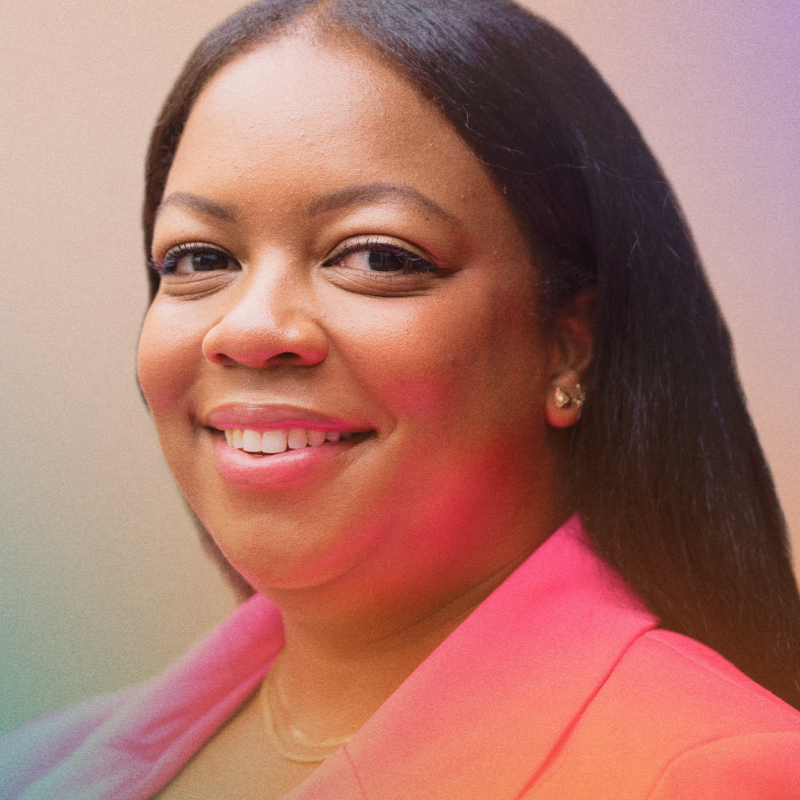More Questions About .org
A couple of weeks ago, I posted a set of questions about the Internet Society’s plan to sell the non-profit Public Interest Registry (PIR) to Ethos capital here on the Mozilla blog.
As the EFF recently explained, the stakes of who runs PIR are high. PIR manages all of the dot org domain names in the world. It is the steward responsible for ensuring millions of public interest orgs have domain names with reliable uptime and freedom from censorship.
The importance of good dot org stewardship spurred not only Mozilla but also groups like EFF, Packet Clearing House and ICANN itself to raise serious questions about the sale.
As I noted in our original post, a private entity managing the dot org registry isn’t an inherently bad thing — but the bar for it being a good thing is pretty high. Strong rights protections, price controls and accountability mechanisms would need to be in place for a privately run PIR to be trusted by the dot org community. Aimed at the Internet Society, Ethos and ICANN, our questions focused on these topics, as well as the bidding process around the sale.
On Monday, Ethos CEO Erik Brooks published a blog post replying to Mozilla’s questions. The public response is appreciated — an open conversation means more oversight and more public engagement.
However, there are still critical questions about accountability and the bidding process that have yet to be answered before we can say whether this sale is good or bad for public interest organizations. These questions include:
1. For the Internet Society: what criteria, in addition to price, were used to review the bids for the purchase of PIR? Were the ICANN criteria originally applied to dot org bidders in 2002 considered? We realize that ISOC may not be able to disclose the specific bidders, but it’s well within reason to disclose the criteria that guided those bidders.
2. For Ethos: will accountability mechanisms such as the Stewardship Council and the incorporation of PIR as a public benefit corporation be in place before the sale closes? And, will outside parties be able to provide feedback on the charters for the B-corp before they are finalized? Both are essential if the mechanisms are going to be credible.
3. Finally, and possibly most importantly, for ICANN: will you put a new PIR contract in place as a condition of approving the deal? If so, will it provide robust oversight and accountability measures related to service quality and censorship issues?
We need much more information — and action — about this deal before it goes ahead. It is essential that Ethos and the Internet Society not close the PIR deal — and that ICANN does not approve the deal — until there are clear, strong provisions in place that protect service quality, prevent censorship and satisfy the dot org community.
As I wrote in my previous blog, Mozilla understands that a balance between commercial profit and public benefit is critical to a healthy internet. Much of the internet is and should be commercial. But significant parts of the internet — like the dot org ecosystem — must remain dedicated to the public interest.


